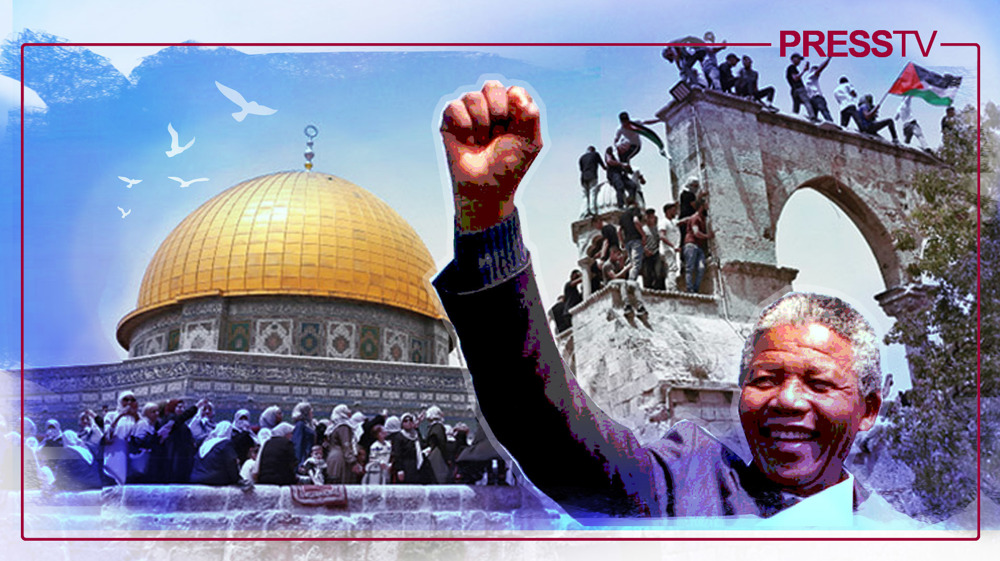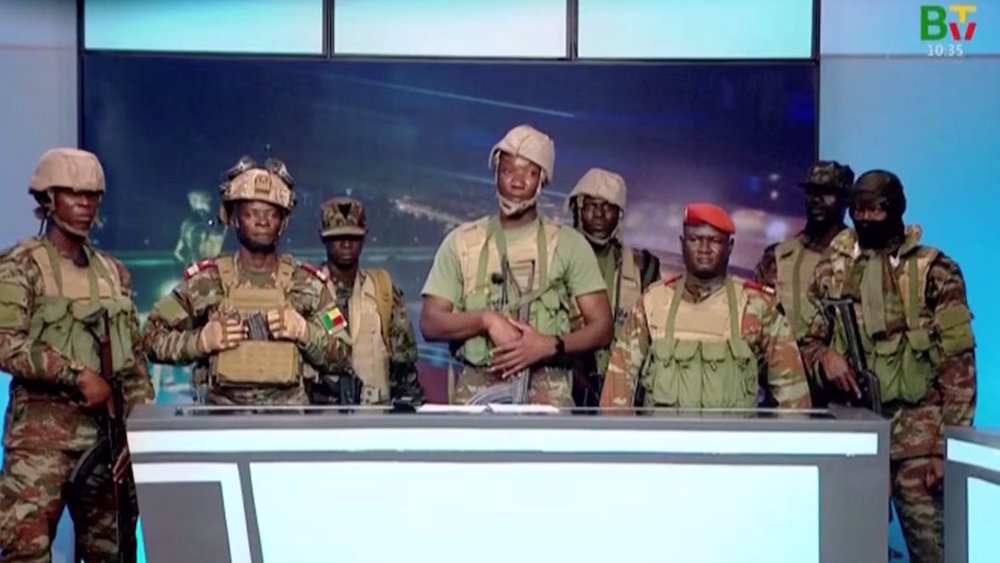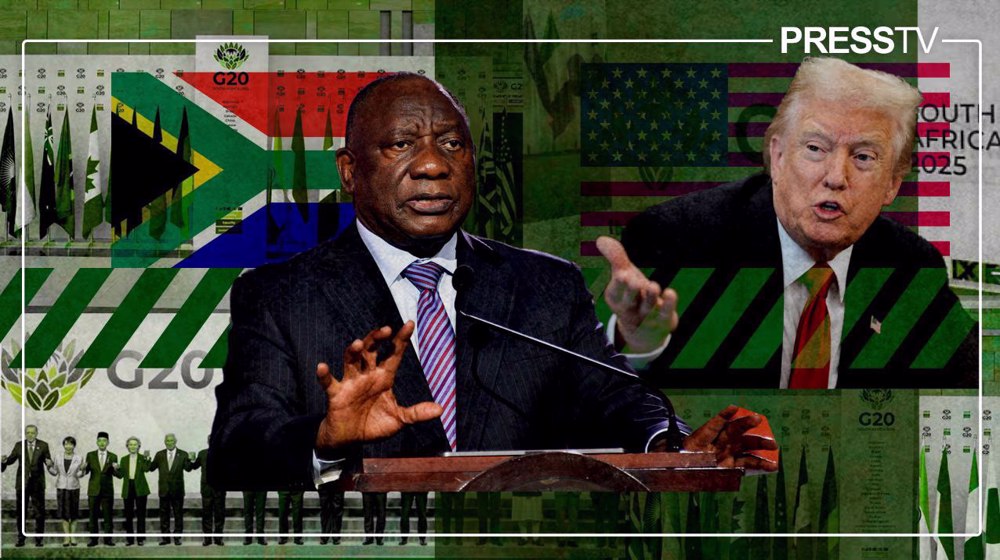South African nation's internal resistance was crucial in defeating apartheid regime: Mandela's grandson
Zwelivelile "Mandla" Mandela, the grandson of South Africa's legendary anti-apartheid icon Nelson Mandela, says the most effective strategy to dismantle the apartheid regime was through internal resistance and the defiance of every law imposed by the ruling minority on the nation.
In an exclusive interview with Press TV on the occasion of Nelson Mandela International Day on Tuesday, the junior Mandela said that his grandfather dedicated 67 years of his life to serving humanity and advocating for justice, human rights, and global peace.
Celebrated each year on July 18, Mandela's birthday, Mandela Day is an annual international day in honor of the anti-apartheid icon, and according to legislator Mandla, it is used to remind the global community not to forget "speaking about injustices in the world as well as advocating for human rights for many oppressed nations around the world."
Mandla is the tribal chief of the Mvezo Traditional Council and a member of South Africa’s Parliament, representing the African National Congress (ANC).
"Leaders such as my grandfather were able to embark upon a defiance campaign where they totally disregarded all the unjust laws of the apartheid regime and broke every single law that was imposed and subjected the vast majority of our people," Nelson Mandela's grandson added.
He stressed that his grandfather and his like-minded comrades had to sacrifice their own families, including parents, wives and children, for their commitment and dedication to struggle for liberation and to achieve their ultimate goal of toppling the oppressor regime.
"I think our internal resistance, first and foremost, was the one that was effective in waging and exerting pressure on the apartheid regime internally in the confines of our borders in South Africa," Mandla emphasized.
He also added that the supportive roles some African countries, including Zimbabwe, Namibia and Botswana, played in supporting the cause of the South African nation was also instrumental.
Nelson Mandela, a revolutionary icon, was detained several times and stood trial at least four times, serving over 27 years in prison, split between Robben Island, Pollsmoor Prison and Victor Verster Prison.
He rose to international fame following his incarceration in the 1980s, when he became the most famous political prisoner in the world, a symbol of resistance against apartheid, and an icon for millions who embraced and espoused the ideals of human equality and justice.
After his release in 1990, he was involved in negotiations to end apartheid, eventually leading to the first democratic elections in 1994 in which Mandela led the ANC to victory and became president.
VIDEO | Protesters in London call on UK govt. to end Gaza genocide complicity
Israel's new settlement expansion plan triggers global condemnation
UN condemns Israeli raid on UNRWA headquarters in al-Quds
VIDEO | Israel reeling under al-Aqsa Flood
Wife of martyred Palestinian doctor urges pressure on Israel to return his body
IranAir brings three grounded jets back to fleet
Medical conditions in Gaza remain 'as hard as ever' despite truce: MSF chief
Israel holding 32 Gaza detainees past their sentences: Advocacy group










 This makes it easy to access the Press TV website
This makes it easy to access the Press TV website